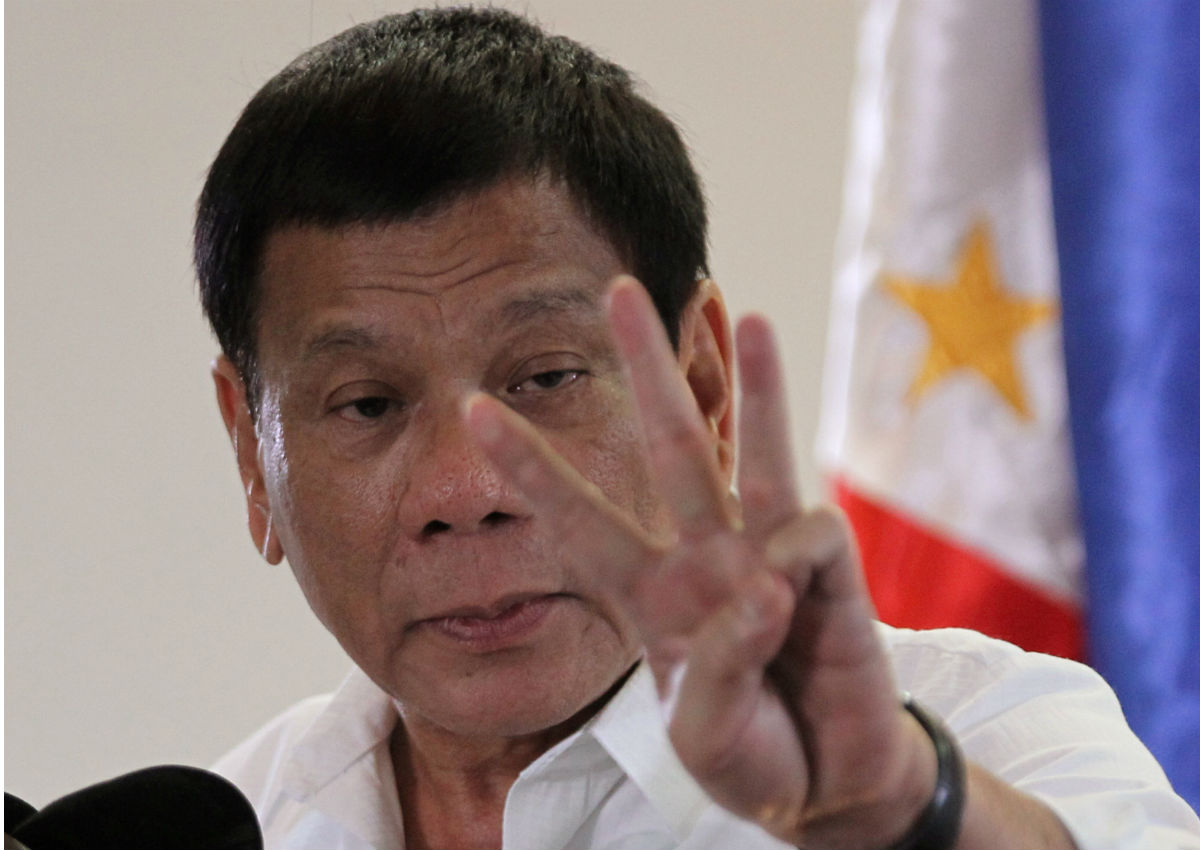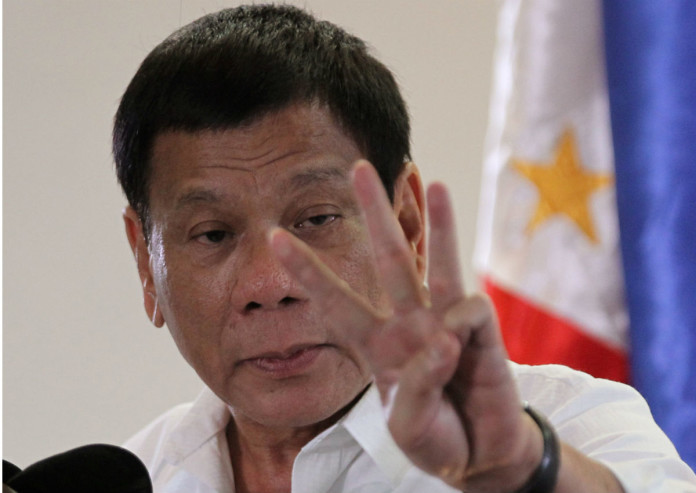After six months at the helm in the Philippines, Rodrigo Duterte has been touting just two achievements of his presidency – a vicious war on drugs and a surprise alliance with his country’s bitter rival, China.
Yet behind the curse-laden bluster and populist demagoguery that has defined Duterte’s rule, he presides over one of the world’s fastest growing economies, and has put cabinet colleagues to work on drafting reforms and legislation to tackle the economy’s most stubborn structural problems.
Advisers say Duterte’s economic successes come from using a strategy he honed as the long-time mayor of Davao City at a national level.
He concentrates on busting crime and deliberately delegates the handling of the economy to others.
By his own admission, Duterte says he is no expert on the economy and leaves it to”the bright guys” in his cabinet.
Economic Planning Secretary Ernesto Pernia sees the president only twice monthly and rarely hears feedback.
He said Duterte was focused almost entirely on crime and drugs.
“That has been his obsession,” he told Reuters.
“He essentially leaves other issues and concerns to the cabinet.”
The strategy seems to have worked so far although economists are beginning to question how long it can last.
“That’s what we’re hoping for, that his core economic team can prevail,” said Bank of the Philippine Islands (BPI) economist Emilio S. Neri.
“The fundamentals are there but we are leaning towards deficit spending and stimulus-driven growth and some unsustainable populist policies are worrisome.”
At the national level, Duterte’s signature campaigns have included his tilt toward China while turning his back on long-term ally the United States in addition to the war on drugs.
He rarely mentions it, but the economy has boomed under his watch, although some of the gains have been ascribed to the previous administration’s policies and Duterte’s decision to retain them.
Growth reached an annual 7.1 per cent in the third quarter of the year, Asia’s second highest and the country’s strongest quarter in three years.
The government expects full-year growth around 7 per cent.
The economy is expected to grow 6.5-7.5 per cent in 2017, but there are worries that Duterte’s erratic behaviour could impact policy, with political risk over his drugs crackdown and foul-mouthed outbursts at some big donors and investors.
Markets have signalled their concern.
In the six months since Duterte took over, the main stock index has lost nearly 20 per cent in dollar terms and is among the worst performers in Asia.
Over the same period, the peso currency is down around 5 per cent to the dollar, but other currencies in the region are also depressed.
DECISIVE LEADERSHIP
But Duterte has plenty of supporters, who say his decisive leadership and intolerance of bad governance will be a long-term boon for the economy.
In Davao City, he helped lure investors, dramatically cut red tape and fired inept officials. In 2014, Davao saw growth of a 9.3 per cent, compared to 6.1 per cent nationwide.
Analaysts at Nomura have said his populist, development-centred approach suggests he is “strongly motivated”to address the Philippines’ biggest weakness – infrastructure.
Expenditure on infrastructure, including on flood management schemes, ports, a rapid-transit bus system and a rail line, makes up a quarter of next year’s record $67 billion budget.
Consumer spending is strong, helped by $22 billion of remittances in the first 10 months from Filipinos overseas, a 4 per cent rise.
Unemployment was a record low 4.7 per cent in the third quarter, from 5.7 per cent a year earlier.
“He should deserve credit,” Finance Secretary Carlos Dominguez told Reuters.
“Unfortunately, people are always looking at the controversial statements. But if you judge it, he has done an excellent job …the important thing is the trust and confidence of businesses in him is very high.”
JITTERS
Duterte’s volatility and seemingly unilateral foreign policy has caused jitters and confusion, especially when he turned hostile towards the United States and then started cosying up to China, with which the Philippines has a history of mistrust over the South China Sea.
Duterte announced his “separation” from the United States in Beijing in October, shocking even his own ministers, who scrambled to assure investors – without his consent – that his policy was to diversify, not sever ties.
It’s a gambit that could pay off, with an intractable dispute with Beijing now on the back burner and China pledging to provide the Philippines with billions of dollars in infrastructure loans and ramp up farm and fisheries imports.
Nevertheless, economists warn that hot-headedness and willingness to take big risks could be a problem if it spills into policymaking, especially if it impacts US firms, which account for three-quarters of the country’s $23 billion business-processing outsourcing (BPO) sector.
Some big US firms have delayed BPO investments to undergo more due diligence.
Capital Economics notes a “growing risk that Duterte makes it harder” to attract big investment.
Moody’s has a stable outlook, expecting “continued economic outperformance relative to peers”, assuming Duterte’s drugs war doesn’t distract him from his economic reforms.
“There’s lots of focus going into the anti-drugs programme,”said BPI’s Neri. “In six months, economic policy reforms seem to have taken a back seat.”






